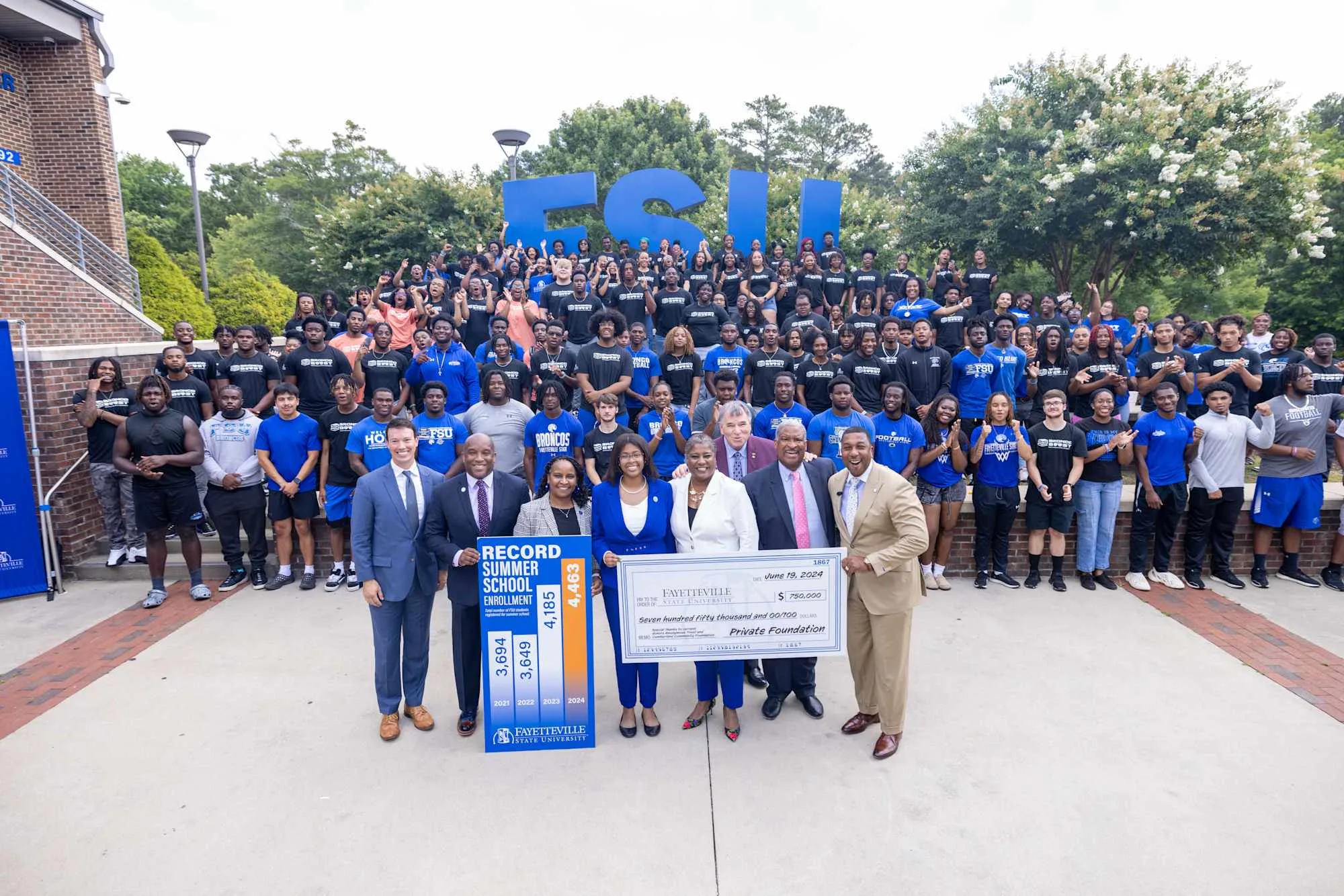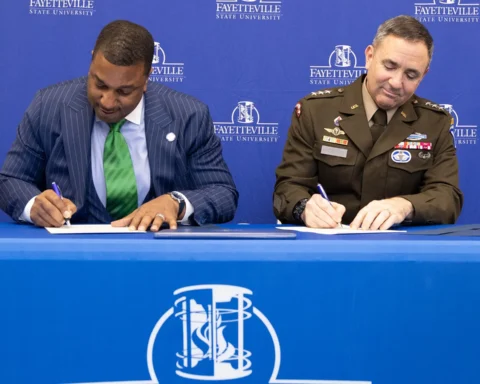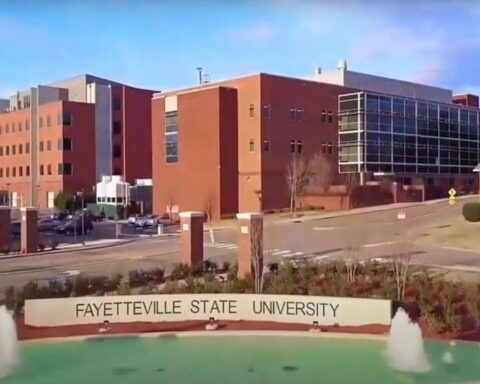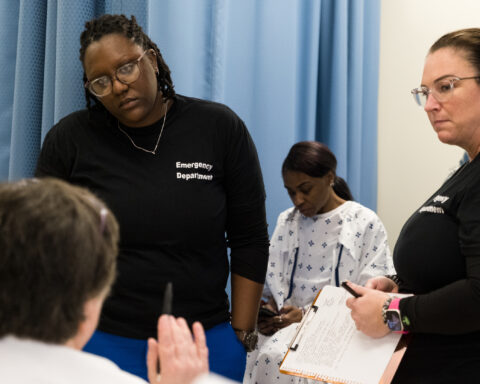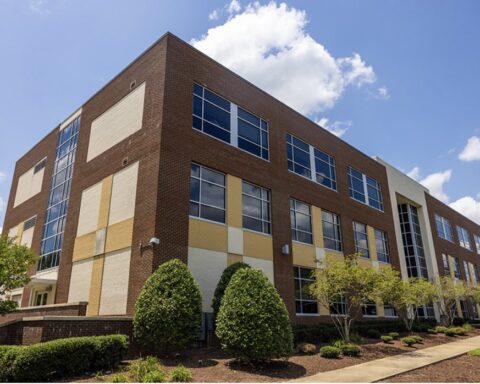By Evan Castillo
One of North Carolina’s historically Black colleges and universities (HBCUs) is evolving into a “three-semester university” and boosting retention rates by offering all of its students free summer classes.
Before Fayetteville State University’s (FSU) 30-60-90 Free Summer School Program, the school was last in the state for retention at 63.3% in fall 2021. Now, the program is helping FSU keep more students enrolled — its retention was up to 77.7% in fall 2022.
The 30-60-90 program allows students to take up to seven credits for free during the summer terms for a total of 28 free credits during their college careers. FSU developed the 30-60-90 program to help encourage students to stay on track and graduate on time.
Students need 30 credits to become a sophomore, 60 to become a junior, and 90 to become a senior. Free summer school is one of the methods FSU uses to get students the credits they need to graduate, even if life gets in the way of taking 15-credit semesters.
BestColleges spoke with FSU Chancellor Darrell T. Allison to see how the program is helping keep students in school.
“We stop at 90 because as I’ve told students, and I’ve told their guardians and their parents, if we get your son or your daughter at 90 credits, whether they’re kicking and screaming, we’re going to get them over the goal line that remaining year,” Allison said.
When Allison joined FSU in 2021, 200 first-year students weren’t on track to graduate. That number doubled to 400 sophomores and doubled again to 800 juniors.
“Looking at those numbers, I just knew that we had to innovate and come up with something here so that we can pivot,” Allison told BestColleges.
School leaders decided on the 30-60-90 program, offering seven credit hours for free in April for the incoming summer. They had only a few months to plan for marketing the program, housing, and a summer meal plan for students.
Previously, only 100-200 students enrolled in summer courses. But in its first summer, over 3,000 students took up the offer for free classes.
Now, two-thirds of the university’s nearly 7,000 students are enrolled in the 30-60-90 program this summer. Not only are students catching up, but some are even getting ahead.
“Quite honestly, we were building the plane as we flew it but were really, really encouraged by the response. That was the summer of 2021,” Allison told BestColleges.
“And rolling into summer 2024, we were feeling a real culture change here and really, really ecstatic and excited that over 4,463 students took us up on this offer here for summer school here at Fayetteville State University.”
FSU used federal COVID-19 relief funding to jump-start the 30-60-90 program, but Allison knew the funding would eventually run out, so he began to recruit private investors to support the program. Now it runs on a mix of state and private investments.
An anonymous donor gave $750,000 to the program on June 19, putting the fund at just over $3.1 million. That will fund the program for the next three years.
As the university transitions to a “three-semester university,” it’s expanding its co-curricular activities, too.
FSU’s Office of Student Activities and Student Engagement, Residence Life, Intramural & Recreational Sports, and Matriculation Institute are working together to put on summer wellness activities, ice cream socials, movie nights, and food truck events. Many clubs are also actively planning for the upcoming academic year.
FSU also hosts the seven-week Bronco Boost summer bridge program for incoming in-state first-year students. Students in the Bronco Boost program stay on campus for free, earn college credits, and prepare for college.
Allison told BestColleges that the summer school program reflects the diverse demographics of students at the university.
Most students at FSU are first-generation and come from the state’s Tier 1 and Tier 2 counties — the most economically distressed counties in the state. Over 50% of FSU’s student population are adult learners 24 and older, and 33% of the student population is military-affiliated, according to Allison.
Allison himself was a first-generation student from an economically distressed county. He said he saw himself in the students he now serves, and he knew that — just as he would have benefited from a 30-60-90 program — his students needed that same service.
“I’m really excited about not only the engagement but also really excited about the kind of data that we’re seeing that’s moving in the right direction,” Allison said. “We may have been last in retention and graduation rates, et cetera. And I’m not declaring that we’re going to be first, but we’re not going to be last.”

